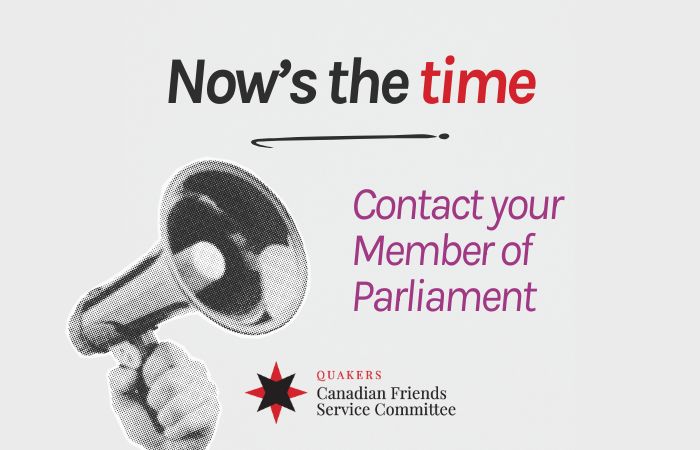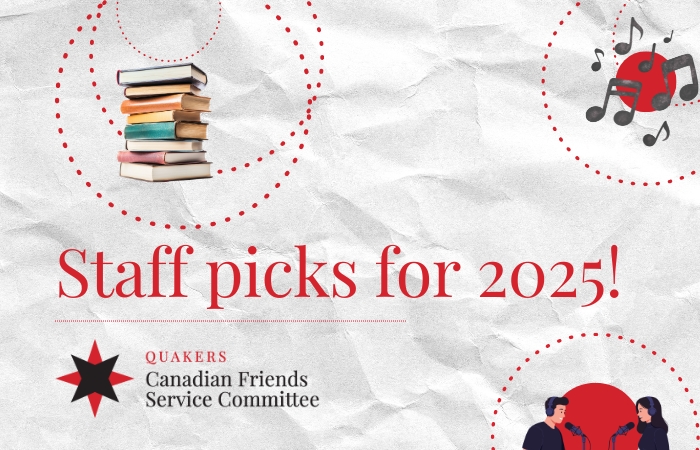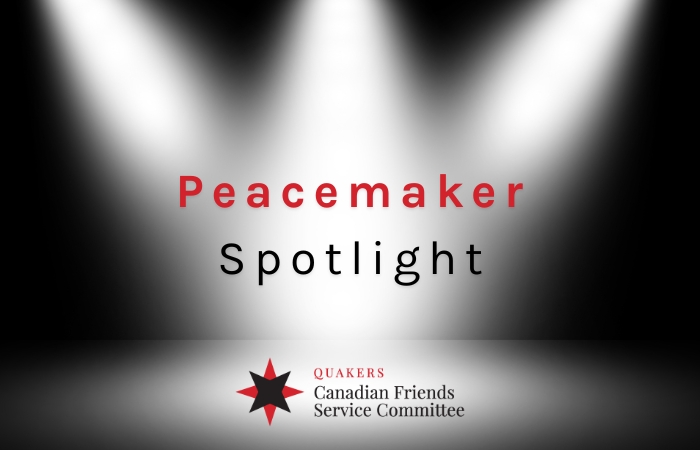FAO Voluntary Guidelines need redress
April 27, 2012Indigenous peoples and human rights organizations call for an immediate end to discrimination against First Nations families Indigenous peoples and human rights organizations urge all political leaders in Canada to make a clear public commitment to ending the discriminatory underfunding that is tearing apart First Nations families.
For the last decade, government studies have shown that the federal government is failing in its responsibilities to Indigenous children and their families. The government spends significantly less money per child for children’s services in First Nations reserves than its provincial and territorial counterparts provide in predominantly non-Aboriginal communities. This is despite the higher costs of delivering services in remote communities and the greater need created by the residential school legacy and other pressures on First Nations communities.
One consequence is that most First Nations families do not have access to the same level and quality of early intervention and preventative programming available to other families in Canada. As a result, the intended last resort of removing children from their homes and communities has become the primary government approach for child protection in many First Nations communities.
More First Nations children are being placed in government care today than were taken away from their families and communities at the height of the residential school era. In most cases, the stated reason is “neglect.” In other words, whether because of poverty or another reason, the parents are unable to meet their children’s basic needs.
“We’re hearing a lot talk in this election about the importance of supporting families,” says Ontario Regional Chief Angus Toulouse. “We have to ask why successive governments have ignored the plight of First Nations families whose children are being taken away for entirely avoidable reasons.”
Jennifer Preston of the Canadian Friends Service Committee says, “The federal government has apologized, on behalf of all Canadians, for the grave harm done by the residential school systems. Our organizations find it hypocritical that the Canadian government would apologize for the harms of the past while contributing to the ongoing harm being done to First Nations families and communities. This is not reconciliation.”
In February 2007, the First Nations Child and Family Caring Society (FNCFCS) and the Assembly of First Nations (AFN) filed a complaint with the Canadian Human Rights Commission (CHRC). The Commission agreed that First Nations children were being discriminated against and referred the case to the Human Rights Tribunal for a ruling.
The federal government has strongly opposed the hearing. The federal government has told United Nations human rights bodies that it provides First Nations communities with “services comparable to those provided by the provinces and territories.” However, the government has taken the position that these services cannot be compared for the purpose of determining discrimination under the Canadian Human Rights Act.
The government failed twice to get the Federal Court to stop the hearings. But in March 2011, the Human Rights Tribunal Chair agreed with the government’s argument and dismissed the case. The federal government has said that First Nations people living on reserves have “full access to, and protection under, the Canadian Human Rights Act”. Yet if this Tribunal ruling stands, it will deny First Nations children equal protection under the Act. The FNCFCS and the AFN, as well as the CHRC, have appealed the decision to the Federal Court.
“The decisions made by the government about what and how much they will fund have enormous impact on the lives of Aboriginal people,” says Alex Neve, Secretary General of Amnesty International Canada.
“The notion that these decisions should be exempt from human rights oversight is fundamentally unacceptable. Canadians should be outraged that their government even pursued this argument in the first place.”
“It’s shocking that another generation of Aboriginal children is being torn from their homes simply because the government won’t address the discrimination in funding,” says Grand Chief Stewart Phillip of the Union of British Columbia Indian Chiefs. “The last four years should have been spent fixing the problem rather than fighting this human rights complaint.”
Federal government lawyers also argued that the Tribunal should not make any use of international human rights standards such as the UN Declaration on the Rights of Indigenous Peoples or the Convention on the Rights of the Child, to which Canada is legally bound, in ruling on the underfunding of First Nations children’s services.
“International human rights standards, including the UN Declaration, underline the fact that government obligations toward Indigenous children and families cannot simply be ignored,” says Jeannette Corbiere Lavell, President of the Native Women’s Association of Canada. “Any opposition to applying the UN Declaration, or to the Tribunal even hearing this case, reflects a profound failure to respect the fact that the well-being of First Nations children and families is a matter of basic human rights.”
Amnesty International Canada
Anishinabek Nation (Union of Ontario Indians)
Assembly of First Nations British Columbia
Canadian Friends Service Committee (Quakers)
Chiefs of Ontario
First Nations Child and Family Caring Society of Canada
First Nations Summit
Grand Council of the Crees (Eeyou Istchee)
KAIROS: Canadian Ecumenical Justice Initiatives
National Association of Friendship Centres
Native Women’s Association of Canada
Union of British Columbia Indian Chiefs




